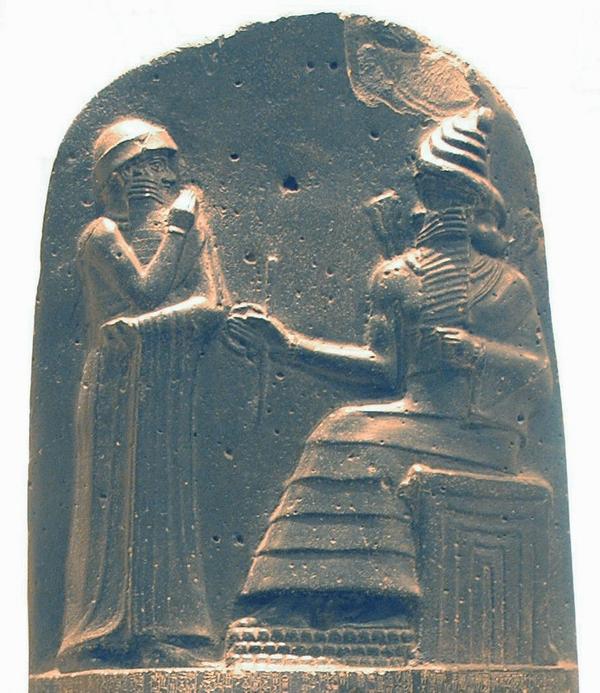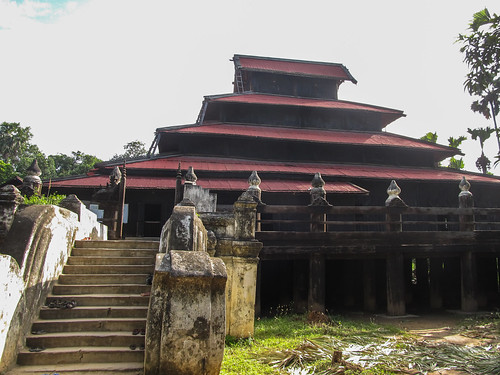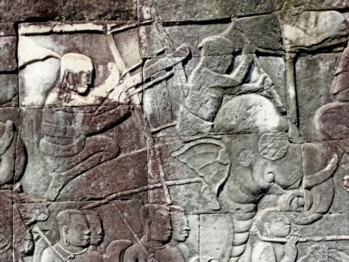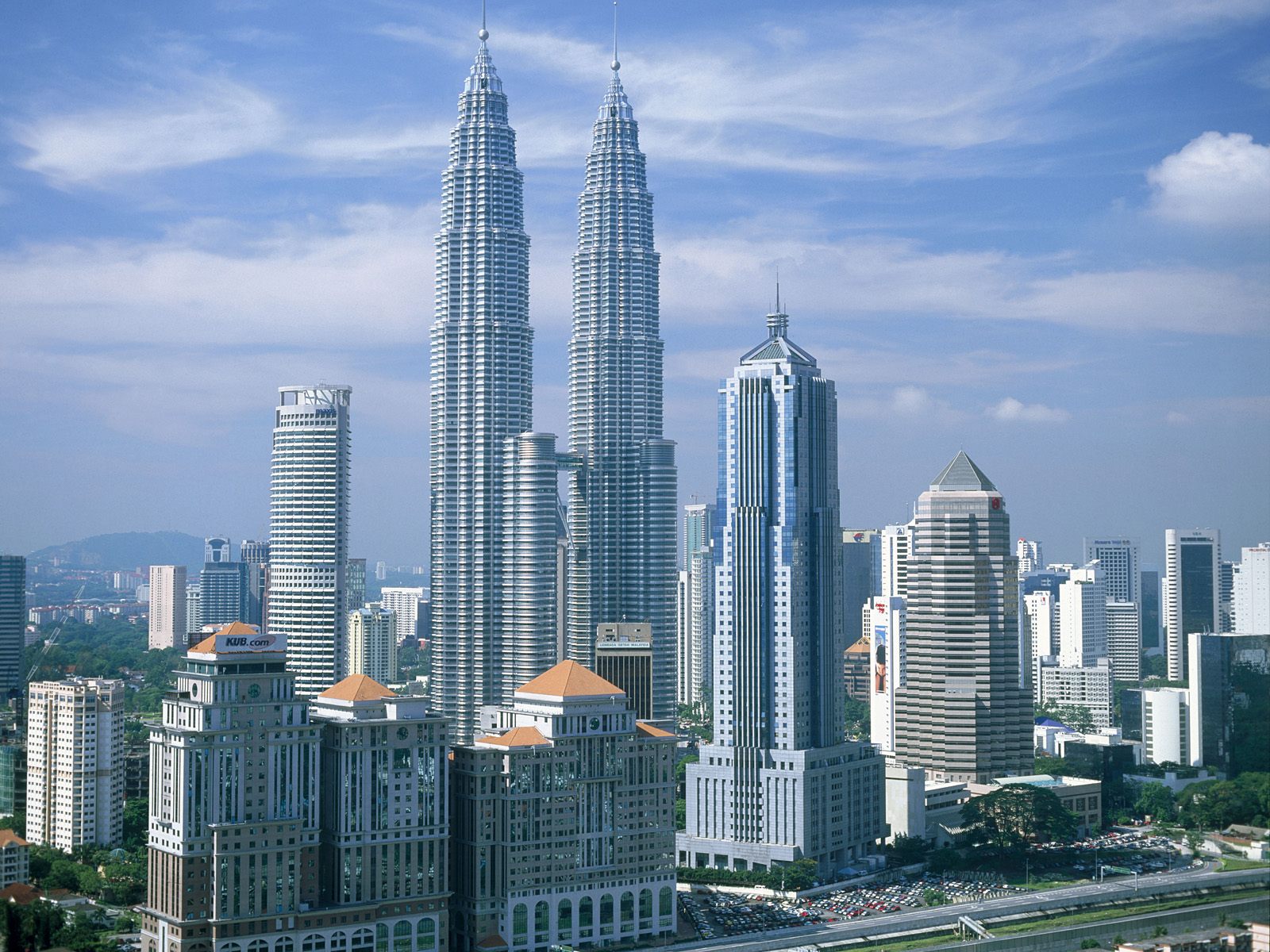ferretbacon
Obsessor
I made this suggestion earlier in this thread back in August before the game released, but I decided to update it now that I understand the game mechanics fully.
THE OTTOMANS (updated)
Leader 1 - Mehmed II
Agenda - Padishah
Covets original capital cities on his continent and will attempt to conquer them. Will not return conquered cities during peace negotiations.
Mehmed is an expansive and conquering leader. As Padishah, or lord of kings, he wants to be the biggest and most glorious empire on the block and rival capitals threaten that. Once he's conquered a city, he won't relinquish it through peace talks. He'll be Gorgo's bae.
Leader Ability - el-Fatih
Ranged siege units receive additional bonus damage (+20%) against cities. The Bombard unit unlocks an era early and doesn't require Niter.
Mehmed's title, "the Conqueror," was well earned. He started his illustrious conquests with the seizure of Constantinople at age 21 and only continued from there. Mehmed used enormous bombards the likes of which the world hadn't seen when he sieged Constantinople. Though slow loading and not a deciding factor, the awe-inspiring bombards symbolized the Ottoman's willingness to embrace innovative weaponry. By the end of his reign, he'd forged the Turks an empire and unified Anatolia (and beyond) under his rule. Since conquering land in the game is all about city captures, few do it better than Mehmed.
---
Leader 2 - Suleiman
Agenda - Magnificence
Respects civilizations that have a more gold per turn than him. Dislikes civilizations that are in debt (0 in treasury or losing gold/turn).
Suleiman was spectacularly wealthy. He respects other wealthy nations, but looks with disdain upon financially ruined civs.
Leader Ability - Community of the Talented
Every time you achieve an Inspiration or attain a Great Person, gain a gold boost (~50 gold on Standard speed).
Suleiman fostered the development of a distinct Ottoman culture that didn't take its identity from Persia. He was the patron of many artists, artisans, and craftsmen who ushered in the empire's golden age of cultural development. The prestige gives Suleiman gold every time he patronizes a great person or one of his clients is "inspired." This prompts the Suleiman player to seek out and achieve Inspiration requirements, which helps to bolster Suleiman's wealth and also plays to his other title, "Lawgiver," in that civics are frequently based on legal developments and that government changes (reforms) come about through new civic research.
---
Unique Ability - Millet
For each unique religion (including your own) in your empire that represents a majority in at least one city, gain +1 amenity. Gain a culture bonus in your capital equal to triple this amenity bonus number.
The Ottoman Empire was fairly tolerant to religions outside of the official Islam and even allowed religious minorities within the empire to not only continue to exist, but to operate and self-govern (to some degree) as well -- so long as they played by the rules of the empire. This tolerance leads to happier subjects in conquered territories. The plurality of people in the empire means that cultural exchange is possible, which, in turn, allows the heart of the empire to flourish in civics and arts.
Unique Unit - Janissary
Replaces Musketman; heals 5% of its base health per turn regardless of location or actions taken. Janissary Corps receive a +5 combat bonus.
The iconic Janissary has to be in. I decided that they should get a slight passive healing bonus to reflect the effective supply lines and support that the Janissaries enjoyed. The Janissaries were also used to fighting in corps and actually benefit from it.
Unique District - Bazaar
Replaces the Commercial Hub; +1 gold for each improved unique luxury resource in your civilization and +1 Great Merchant points over standard Commercial Hub.
The bazaars of the Ottoman Empire were large, indoor markets that were reminiscent of modern day shopping malls. The Bazaar promotes an expansive empire and rewards such through monetary compensation.
THE OTTOMANS (updated)
Leader 1 - Mehmed II
Agenda - Padishah
Covets original capital cities on his continent and will attempt to conquer them. Will not return conquered cities during peace negotiations.
Mehmed is an expansive and conquering leader. As Padishah, or lord of kings, he wants to be the biggest and most glorious empire on the block and rival capitals threaten that. Once he's conquered a city, he won't relinquish it through peace talks. He'll be Gorgo's bae.
Leader Ability - el-Fatih
Ranged siege units receive additional bonus damage (+20%) against cities. The Bombard unit unlocks an era early and doesn't require Niter.
Mehmed's title, "the Conqueror," was well earned. He started his illustrious conquests with the seizure of Constantinople at age 21 and only continued from there. Mehmed used enormous bombards the likes of which the world hadn't seen when he sieged Constantinople. Though slow loading and not a deciding factor, the awe-inspiring bombards symbolized the Ottoman's willingness to embrace innovative weaponry. By the end of his reign, he'd forged the Turks an empire and unified Anatolia (and beyond) under his rule. Since conquering land in the game is all about city captures, few do it better than Mehmed.
---
Leader 2 - Suleiman
Agenda - Magnificence
Respects civilizations that have a more gold per turn than him. Dislikes civilizations that are in debt (0 in treasury or losing gold/turn).
Suleiman was spectacularly wealthy. He respects other wealthy nations, but looks with disdain upon financially ruined civs.
Leader Ability - Community of the Talented
Every time you achieve an Inspiration or attain a Great Person, gain a gold boost (~50 gold on Standard speed).
Suleiman fostered the development of a distinct Ottoman culture that didn't take its identity from Persia. He was the patron of many artists, artisans, and craftsmen who ushered in the empire's golden age of cultural development. The prestige gives Suleiman gold every time he patronizes a great person or one of his clients is "inspired." This prompts the Suleiman player to seek out and achieve Inspiration requirements, which helps to bolster Suleiman's wealth and also plays to his other title, "Lawgiver," in that civics are frequently based on legal developments and that government changes (reforms) come about through new civic research.
---
Unique Ability - Millet
For each unique religion (including your own) in your empire that represents a majority in at least one city, gain +1 amenity. Gain a culture bonus in your capital equal to triple this amenity bonus number.
The Ottoman Empire was fairly tolerant to religions outside of the official Islam and even allowed religious minorities within the empire to not only continue to exist, but to operate and self-govern (to some degree) as well -- so long as they played by the rules of the empire. This tolerance leads to happier subjects in conquered territories. The plurality of people in the empire means that cultural exchange is possible, which, in turn, allows the heart of the empire to flourish in civics and arts.
Unique Unit - Janissary
Replaces Musketman; heals 5% of its base health per turn regardless of location or actions taken. Janissary Corps receive a +5 combat bonus.
The iconic Janissary has to be in. I decided that they should get a slight passive healing bonus to reflect the effective supply lines and support that the Janissaries enjoyed. The Janissaries were also used to fighting in corps and actually benefit from it.
Unique District - Bazaar
Replaces the Commercial Hub; +1 gold for each improved unique luxury resource in your civilization and +1 Great Merchant points over standard Commercial Hub.
The bazaars of the Ottoman Empire were large, indoor markets that were reminiscent of modern day shopping malls. The Bazaar promotes an expansive empire and rewards such through monetary compensation.



























